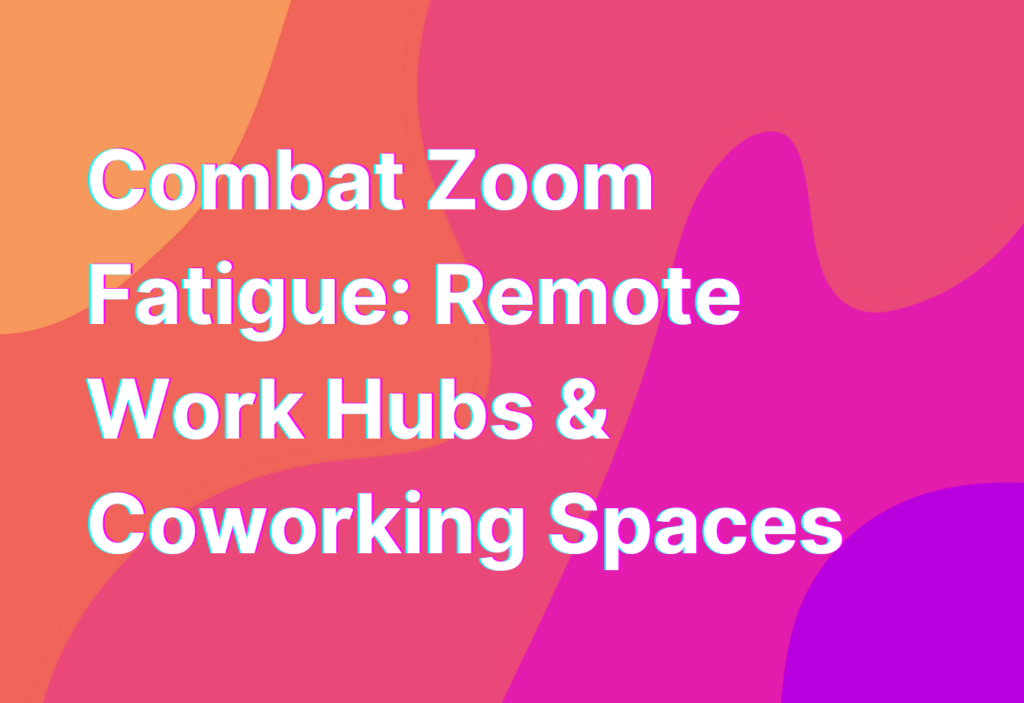Boosting Employee Engagement in Remote Work: The Power of Engagement Surveys
Hey there, remote work enthusiasts! It’s Ashley, your friendly remote work advocate, here to share some valuable insights on boosting employee engagement in remote work. As someone with 10 years of remote work experience in the tech industry, I’ve seen firsthand the importance of keeping remote employees engaged and motivated. And one powerful tool that can help achieve this is the engagement survey. So, let’s dive in and explore how engagement surveys can make a real difference in your remote team!
What is an Engagement Survey?
Before we get into the nitty-gritty, let’s start with the basics. An engagement survey is a tool used by organizations to measure the level of engagement and satisfaction among their employees. It typically consists of a series of questions that employees answer anonymously, providing valuable insights into their thoughts, feelings, and overall experience in the company.
Engagement surveys are not just about collecting data; they are about understanding the pulse of your remote team. By gathering feedback directly from your employees, you can identify areas of improvement, address concerns, and implement strategies to boost engagement and productivity.
The Benefits of Conducting Engagement Surveys
Now that we know what engagement surveys are, let’s explore why they are so beneficial for remote teams:
- Identifying pain points: Engagement surveys allow you to pinpoint specific areas where your remote employees may be facing challenges or feeling disengaged. This insight is crucial for developing targeted solutions and improving overall team satisfaction.
- Building trust and transparency: By giving your remote employees a voice through engagement surveys, you demonstrate that their opinions and experiences matter. This fosters a culture of trust and transparency, leading to increased loyalty and commitment.
- Driving continuous improvement: Regularly conducting engagement surveys enables you to track progress over time and measure the effectiveness of your engagement initiatives. This data-driven approach allows you to make informed decisions and continuously improve your remote work environment.
- Boosting morale and motivation: When employees feel heard and valued, their morale and motivation soar. Engagement surveys provide an opportunity for remote employees to express their ideas, concerns, and suggestions, making them feel more connected and invested in the company’s success.
- Enhancing team collaboration: Remote work can sometimes feel isolating, but engagement surveys can help bridge the gap. By understanding the unique challenges faced by remote employees, you can implement strategies to foster collaboration, communication, and a sense of belonging.
Best Practices for Conducting Engagement Surveys
Now that you’re convinced of the power of engagement surveys, let’s explore some best practices to ensure you get the most out of them:
- Keep it anonymous: To encourage honest and open feedback, it’s crucial to assure your remote employees that their responses will remain anonymous. This allows them to express their thoughts freely without fear of repercussions.
- Ask the right questions: The key to obtaining valuable insights lies in asking the right questions. Focus on areas such as work-life balance, communication, professional development, and overall satisfaction. Tailor your questions to address the specific needs and challenges of remote work.
- Regularly review and act on feedback: Conducting engagement surveys is just the first step. To truly make a difference, you must review the feedback, identify trends, and take action. Communicate the results to your remote team and implement strategies to address any concerns or areas for improvement.
- Communicate the purpose and value: When introducing engagement surveys to your remote team, clearly communicate the purpose and value behind them. Explain how their feedback will be used to drive positive change and enhance their remote work experience.
- Follow up and track progress: After implementing changes based on the survey feedback, it’s essential to follow up with your remote team. Share the progress made, acknowledge their contributions, and continue to track engagement levels to ensure ongoing improvement.
Wrapping Up
Engagement surveys are a powerful tool for boosting employee engagement in remote work. By gathering feedback directly from your remote team, you can identify pain points, build trust, drive continuous improvement, boost morale, and enhance team collaboration. Remember, it’s not just about collecting data; it’s about creating a culture of engagement and empowerment.
If you’re ready to take your remote team’s engagement to the next level, I highly recommend conducting regular engagement surveys. They are a valuable investment in your team’s success and well-being. And if you want to learn more about boosting remote employee engagement through feedback, check out this informative article on Feedback.
Until next time, happy remote working!


